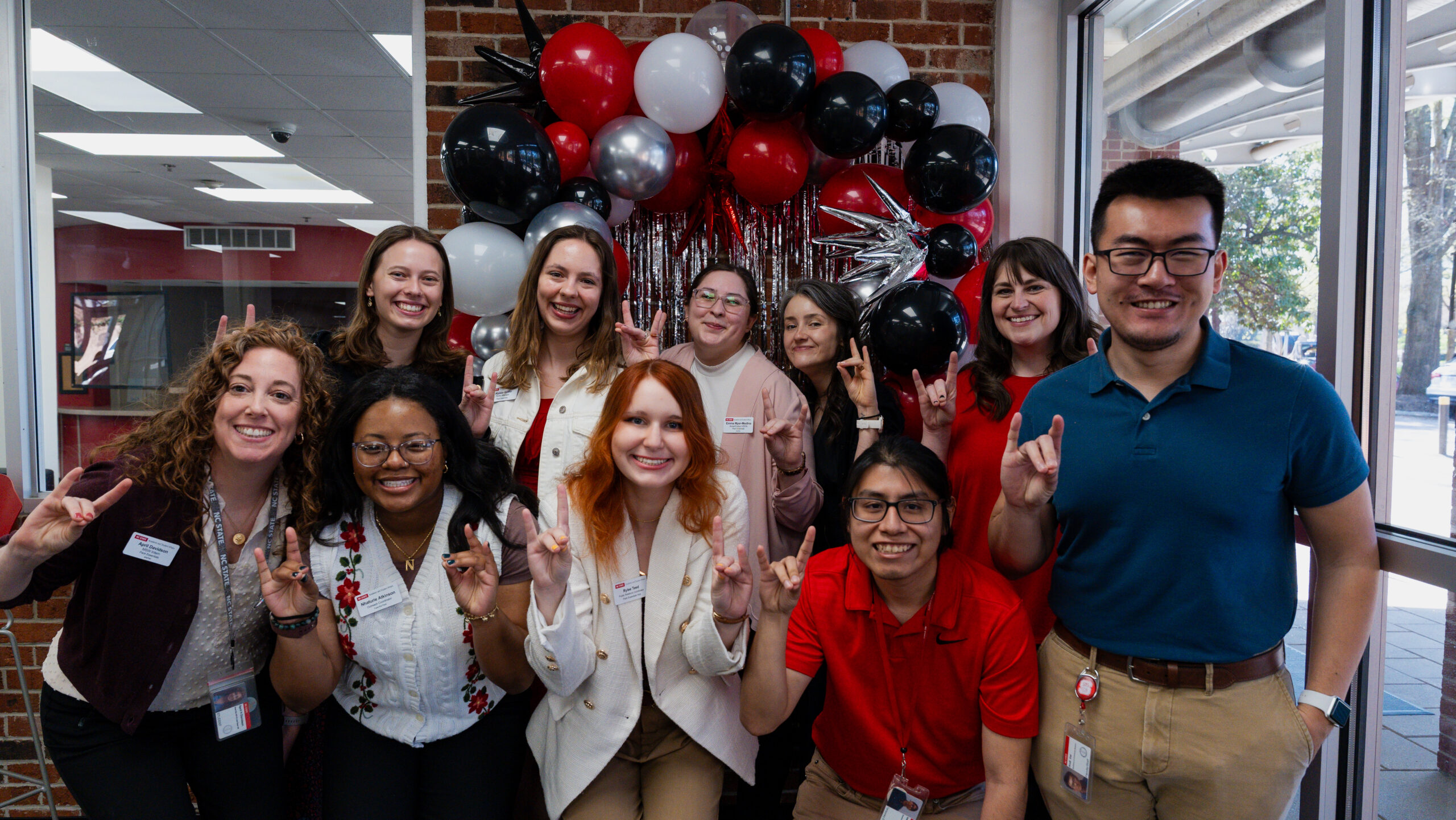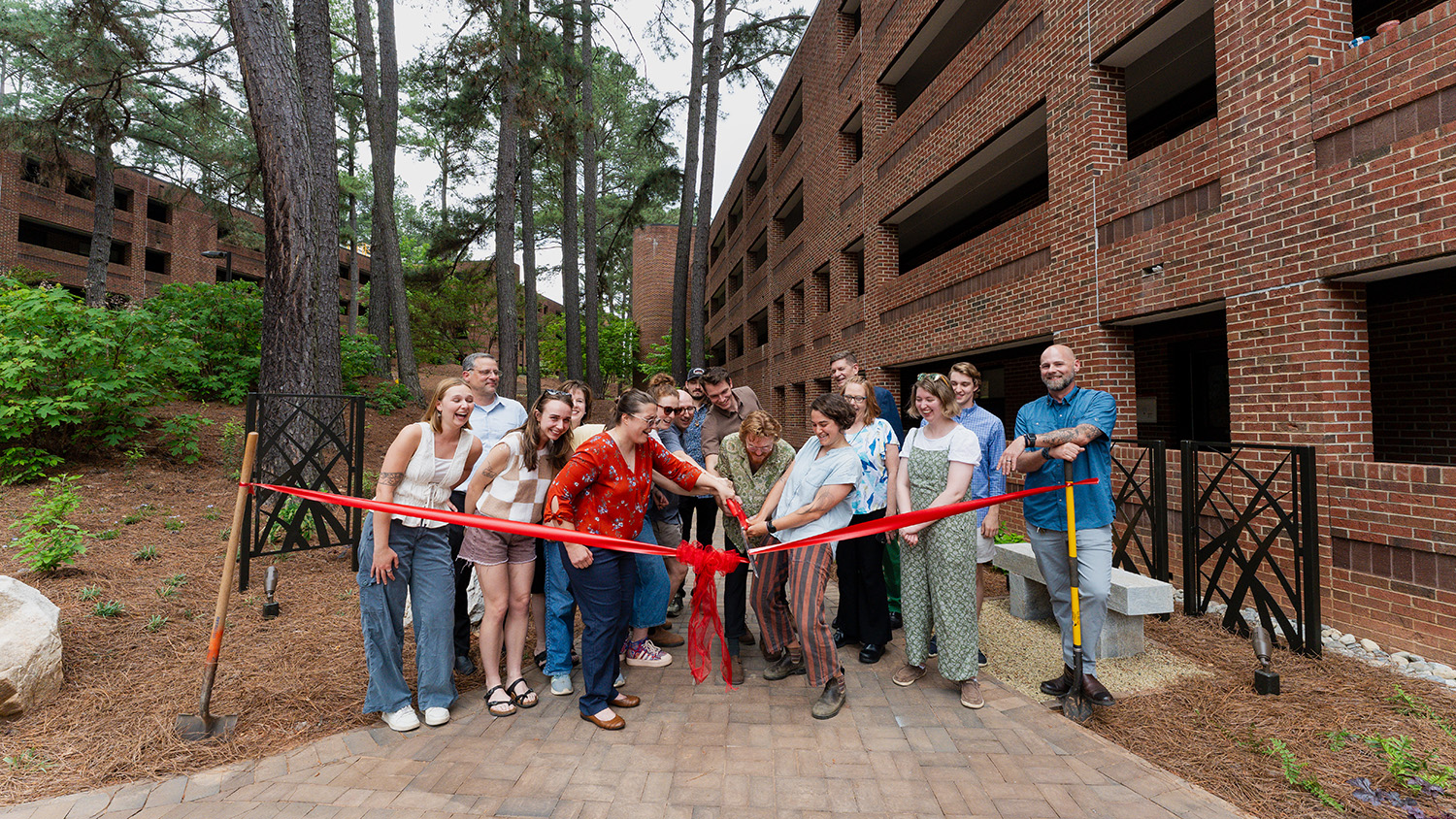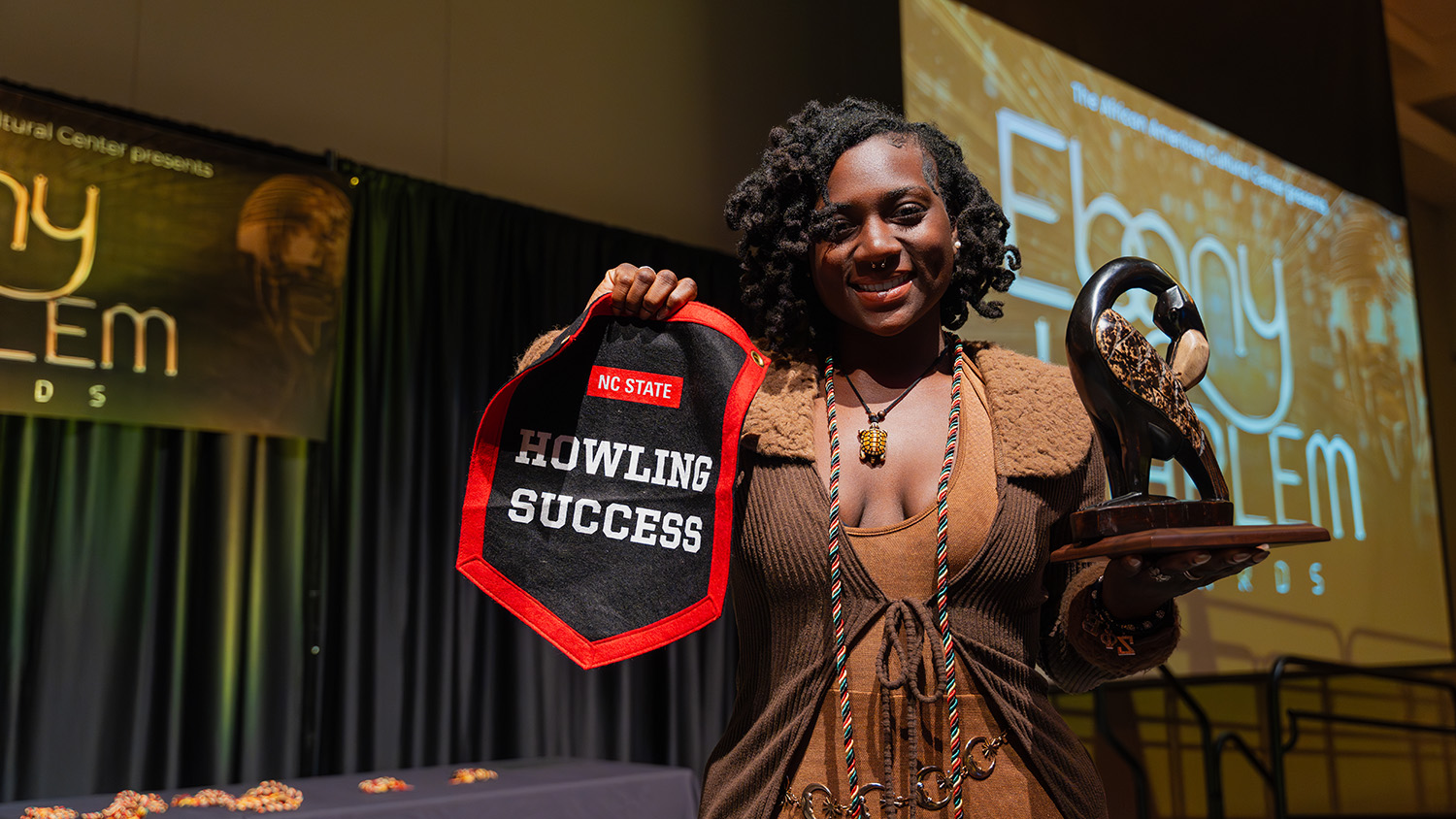Spotlight on our Students: Summer at Mount Vernon
Adam Schmidt is NC State’s first Mount Vernon Leadership Fellow.
“I think the University Scholars Program has helped me appreciate the importance of open-mindedness when going into a new experience, and I think that was incredibly valuable during my experience with the Program at Mount Vernon.”
In this edition of Spotlight on Our Students, we had the chance to catch up with Adam Schmidt to learn more about his experience as a Mount Vernon Leadership Fellow this summer. This six-week leadership development program allowed Adam to engage in a study of George Washington’s leadership during the Founding Era of the United States, with a focus on developing a “bias for action”. Adam plans to apply the lessons he learns to a capstone project he will be completing this year. Adam is a rising junior University Scholar from Morehead City, NC majoring in Civil Engineering. Read on to learn more about his experience at Mount Vernon.
USP: Adam – congratulations on being selected as NC State’s first Mount Vernon Leadership Fellow. What an amazing opportunity. Can you tell us more specifically what this experience entails?
AS: Thank you! Yes, The Mount Vernon Leadership Fellows Program is a six-week summer program for rising college juniors based at Mount Vernon, the historic home of George Washington. The Program works to develop leadership skills and encourages an exploration of personal values through the study of George Washington’s life and legacy, opportunities to connect with leaders in and around Washington, D.C., and work on a capstone project that’s actionable and relevant to a community of importance for each student. The Program is all-inclusive and brings together students from around the country.
USP: What did you learn from participating in this once-in-a-lifetime opportunity?
AS: Going in, I hoped to learn a good deal about George Washington – not just in a biographical sense, but about his ideals and leadership style. I hoped that I could broaden those lessons in leadership and relate them to the present day through meeting various leaders around Washington, D.C. I also hoped that I could learn about the various career paths of the individuals that we would meet with D.C., and learn about how their passions led them to where they are today.
USP: Was there a specific goal you wanted to accomplish while you were there?
AS: I wanted to spend part of the six weeks really thinking about things I can do to be a more civically engaged student in the City of Raleigh, and the ways that I could bring other students in to make civic engagement more accessible and exciting. I also hoped to really explore Washington, D.C., since I had never been for more than a day or two before. Now that the Program is over, I feel that I’m able to say I did both, as I feel better prepared to work on civic engagement issues, and I was able to see quite a few cool places around the city.
USP: What was a typical day like during this experience?
 AS: Each day varied somewhat, but we would normally spend our Mondays and Fridays at Mount Vernon, studying the life, legacy, and leadership of George Washington, and working on our capstone projects. Tuesdays, Wednesdays, and Thursdays were often spent in Washington, D.C. meeting various leaders of governmental, nonprofit, and business organizations to learn about their lives, career paths, and leadership styles.
AS: Each day varied somewhat, but we would normally spend our Mondays and Fridays at Mount Vernon, studying the life, legacy, and leadership of George Washington, and working on our capstone projects. Tuesdays, Wednesdays, and Thursdays were often spent in Washington, D.C. meeting various leaders of governmental, nonprofit, and business organizations to learn about their lives, career paths, and leadership styles.
USP: How has your time in the University Scholars Program so far prepare you for this experience?
AS:
USP: What did you learn about yourself during your time at Mount Vernon?
AS: For me, the opportunity to meet with so many individuals across such a spectrum of governmental agencies, nonprofit organizations, and businesses has been incredibly valuable, since I think it’s helped me identify the fact that I want to work in the public sector. I knew that I hoped to use my engineering degree in a way that would work to benefit the public going into the Program, but hearing about all the good work that people at the various agencies and organizations we went to fueled that passion and has inspired me to pursue it. Spending six weeks thinking about leadership has also given me a good deal to reflect on as I think about my own leadership style, and given me time to think about how I can apply Washington’s style to today’s world.
USP: Sounds like you had some great time to reflect on and develop your sense of self as well. To wrap this up, can you tell us the best advice you’ve ever received?
AS: The speakers in the Program talked a good deal about how they worked their way through their careers, but Chris Lu, the White House Cabinet Secretary and later the Deputy Secretary of Labor for the Obama Administration, said something that really resonated with me. He said that life isn’t all about working hard, and it isn’t all about getting lucky. It’s about both, but especially working hard so that you’re prepared when you get lucky and an exciting opportunity arises. We all have to be ready and willing to take calculated risks when those opportunities present themselves.



